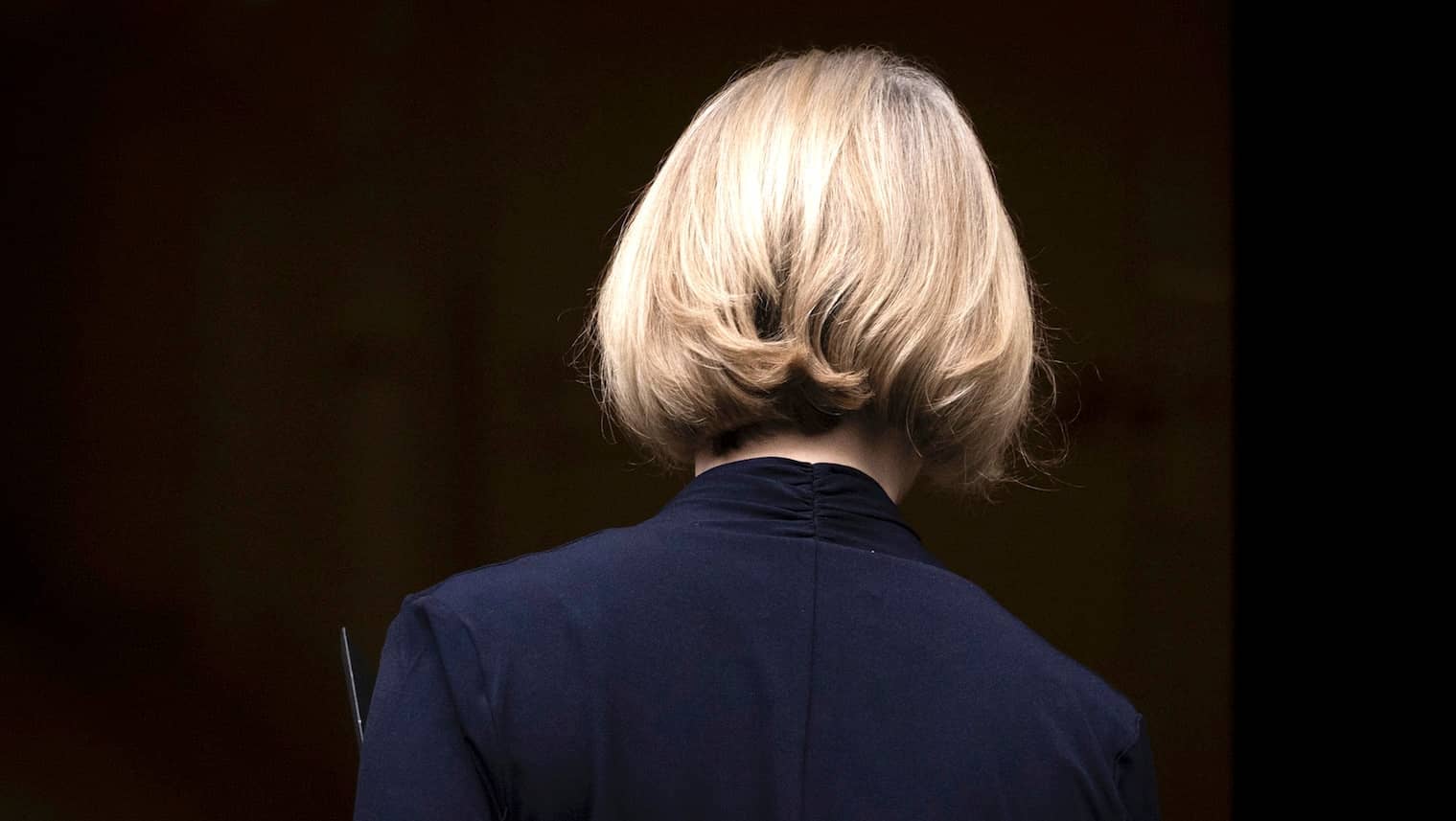As an erstwhile Brexit-voting academic, I’m used to being at odds with those around me. But in feeling troubled at the news of Liz Truss’s resignation yesterday, it seems I’m now in a minority of one. Truss had to go, of course. Her failings have been so well documented they hardly need repeating. Her lack of political acumen was perhaps most shocking: Truss utterly failed to read the mood of the Conservative party, the nation and the financial markets on every single one of her 44 days in office. But still, I have a pang of regret that she is on her way out.
Truss’s stilted performances failed to inspire confidence. So frequently did the word ‘wooden’ prefix Liz, it became difficult to distinguish political commentary from the Ikea catalogue. But everyone knew this; indeed, some even saw it as her strength. Rather than being criticised for her lack of charisma, Truss has, over the years, been feted and promoted for her peculiar brand of Thatcher imitation. This willingness to make a virtue out of her personal weaknesses, while revelling in the soft glow of nostalgia, tells us far more about the current state of the Conservative Party than it does about Liz Truss.
Nowadays, political principles are treated with suspicion: they carry a whiff of ideology
Truss is now the fall guy for a party that lacks talented leaders and new ideas. What’s more, she and Kwarteng have become scapegoats for economic problems that are much bigger and far more long-standing than last month’s ill-named mini-Budget. Sure, the Budget was an indefensible mess. But in the context of decades of infrastructure underfunding, a continual resort to quantitative easing, one of the most expensive Covid-responses in the developed world, global economic slowdown and war in Ukraine that has sent gas prices rocketing, so-called Trussonomics barely registers an impact. In sending Truss packing, we risk burying our heads in the sand about the full extent of the problems facing the British economy.
The real danger now, and the reason why her resignation troubles me, is that the wrong lessons are learned from her implosion. Truss’s demise, and the installation of Jeremy Hunt as Chancellor, was welcomed by many commentators as a sign that the adults are back in the room. We are supposed to breathe a collective sigh of relief that ‘the grown-ups’ have regained control. Left unspoken in this toe-curling phrase is what is considered ‘childish’ about Truss. But it is not too difficult to work out what it is that’s being implied.
Truss’s run for the leadership, and the first half of her short-lived premiership, were driven by her libertarian beliefs in free markets and free people. Far from being a pragmatist, Truss appeared, at least at first, to have principles. Her Budget was motivated by a particular political vision of the economy and society. It is not a view I share and, far worse, it is not a view Truss was willing or able to explain to the nation. But expressing relief that the grown-ups are back in charge suggests that being driven by political beliefs and principles is in itself an act of gross immaturity.
Nowadays, political principles are treated with suspicion: they carry a whiff of ideology. To me, acting on the basis of beliefs rather than spreadsheets is what differentiates a politician from a middle manager. But for Tory grandees such as Lord Hague, it suggests a dangerous recklessness. He wants to see competent pragmatists in charge, not politically motivated ideologues.
The market reaction to the Truss and Kwarteng budget seemingly reinforced the message that it is bad for political decisions to be shaped by ideology. We are supposed to nod wisely and accept that it is better to have bureaucrats appease the markets than politicians enacting their vision for the nation. But this spells the death of politics altogether. Politics without principles is just managing the status quo. And while the status quo may work exceedingly well for some, the Brexit vote showed us it is not great for everyone.
Truss was prepared to think boldly, tear up current orthodoxies and take risks. Again, they were not ideas I share or risks I would have taken. But to conclude from her short time in office that politicians should not think boldly about economic growth or be prepared to take risks, stymies not just whoever next week’s Conservative leader might be, not just a future Labour leader, but it consigns the whole country to death by stagnation.
Ultimately, Truss failed because she had no democratic mandate for the policies she tried to push through and she made no attempt to sell them to the British public. But it will be terrible to conclude that her biggest fault was to have ideas and principles she actually believed in. Politics risks becoming meaningless if it is dictated by markets and spreadsheets alone.








Comments